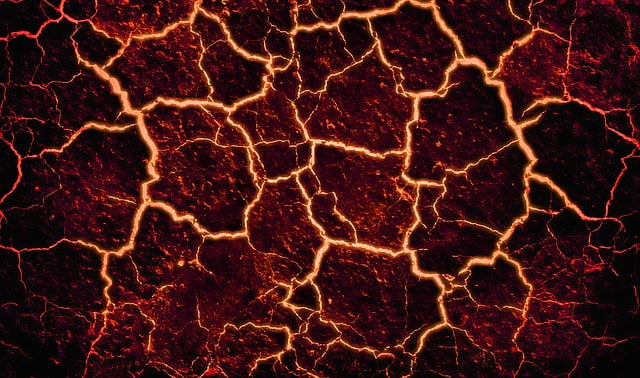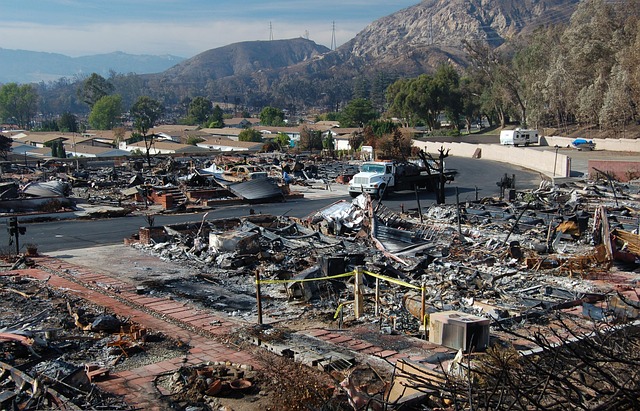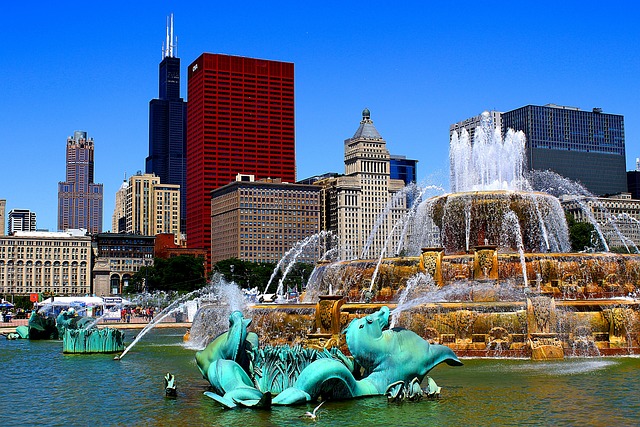Selling a fire-damaged house in Chicago requires expert knowledge of post-fire property valuation, local real estate dynamics, and building codes. Professionals assess structural integrity, water damage, smoke contamination, and repair needs to determine fair prices. Neighborhood recovery efforts and market trends significantly impact property values. Specialized agents help navigate legal complexities, market the property effectively, and ensure a successful sale using targeted SEO keywords like "selling a fire damaged house Chicago."
“In the aftermath of a fire, Chicago property owners face a complex journey towards recovery. This article guides you through the intricacies of post-fire property valuation in the city, offering valuable insights for those navigating this challenging process. We explore key aspects, including assessing fire damage, understanding location’s influence on value restoration, and providing practical strategies for selling a fire-damaged home in Chicago. By understanding these factors, homeowners can make informed decisions and navigate the real estate market with confidence.”
- Understanding Post-Fire Property Valuation in Chicago
- Assessing Fire Damage: What to Look For
- The Impact of Location on Property Value Recovery
- Selling a Fire Damaged House Chicago: Strategies and Steps Involved
Understanding Post-Fire Property Valuation in Chicago
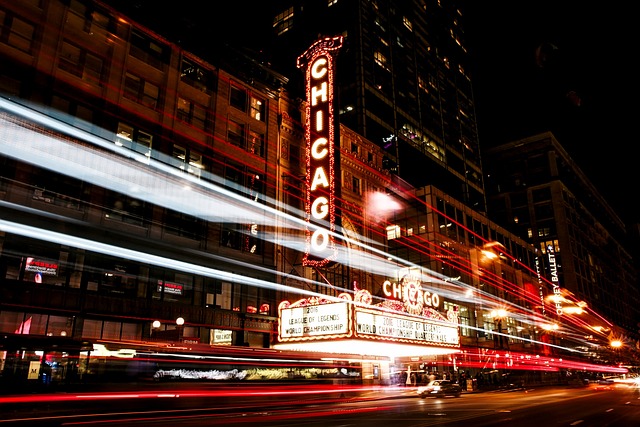
After a fire, property valuation in Chicago can be a complex process. It requires a nuanced understanding of both the physical damage and the specific dynamics of the local real estate market. When selling a fire-damaged house in Chicago, it’s crucial to engage professionals who specialize in post-fire assessments. They can help determine the value of the remaining structure and land, taking into account factors like rebuilding costs, market trends, and neighborhood recovery efforts.
Local regulations also play a significant role in post-fire property valuation. Chicago has strict building codes designed to ensure safety and maintain property values. These codes can impact the feasibility and cost of repairs, which directly affect the final sale price. It’s essential for sellers to be aware of these regulations and work with experts who can guide them through the process, ensuring a fair and accurate valuation in the post-fire market.
Assessing Fire Damage: What to Look For
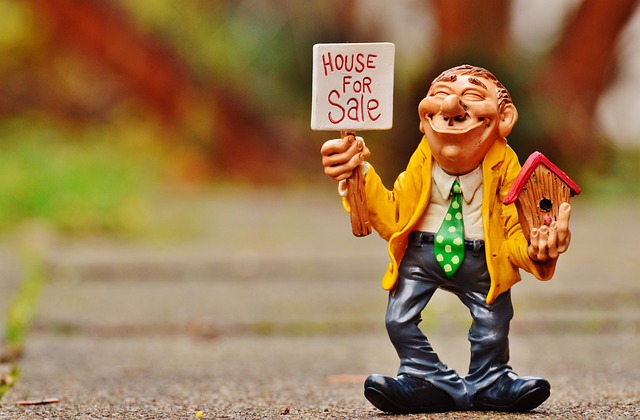
When assessing fire damage in a property, Chicago residents and prospective buyers should look for several key indicators. The first step is to evaluate the extent of structural integrity; this includes examining walls, ceilings, floors, and roofs for signs of charring, collapsing, or significant weakness. Any visible water damage from firefighting efforts should also be noted, as it could point to further issues like mold growth.
In terms of selling a fire-damaged house in Chicago, potential buyers will want to see detailed reports on the repairs needed, including an inventory of replacement costs for fixtures and finishes. Look for evidence of smoke and soot, which can leave lingering odors and discoloration that may require professional remediation. Additionally, assessing the damage to essential systems like electrical wiring, plumbing, and heating/cooling mechanisms is crucial before proceeding with any sale.
The Impact of Location on Property Value Recovery
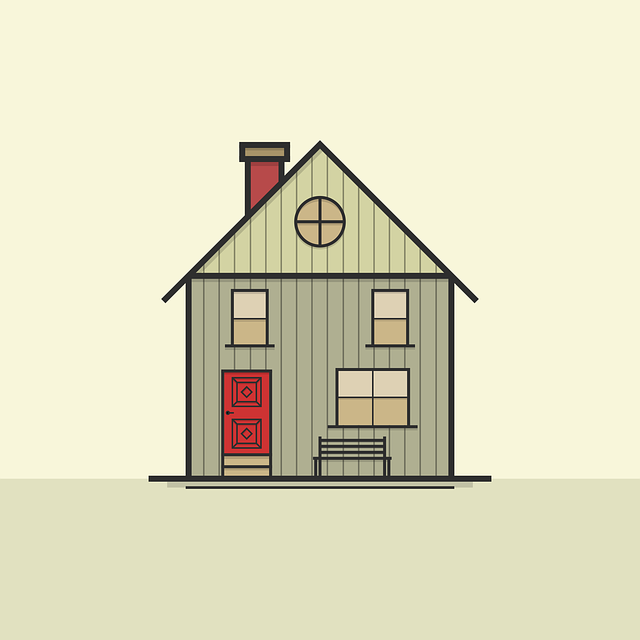
After a fire, property values in Chicago can be significantly affected, but recovery is often location-dependent. Neighborhoods with strong community resilience and quick rebuilding efforts tend to see faster value restoration. Areas known for their vibrant real estate market and high demand from buyers may experience less drastic declines post-fire. These factors play a crucial role in determining the timeline for property value recovery in Chicago after a fire, with some neighborhoods bouncing back quicker than others.
When selling a fire-damaged house in Chicago, understanding neighborhood dynamics is essential. Local market trends, rebuilding efforts, and community support can influence how quickly properties return to their pre-fire values or even surpass them. Real estate agents specializing in post-disaster sales can provide valuable insights on these factors, helping both sellers and buyers make informed decisions during the recovery process.
Selling a Fire Damaged House Chicago: Strategies and Steps Involved

Selling a fire-damaged home in Chicago can be a complex process, but with the right strategies and steps, it’s achievable. The first order of business is to assess the damage accurately. This involves hiring professional estimators who can document the extent of the harm caused by the fire. In Chicago, where real estate is a significant investment, being transparent about the property’s condition is crucial for setting realistic expectations with potential buyers.
Once the assessment is complete, it’s time to strategize. Consider repairs versus rebuilding, especially if the damage is extensive. Major renovations might be more feasible in areas with higher property values. Additionally, engaging with a real estate agent who specializes in selling fire-damaged properties can provide invaluable guidance. They’ll help market the house effectively, highlighting its unique features and potential while navigating the legal and financial aspects of the sale.
Post-fire property valuation in Chicago involves a complex interplay of damage assessment, location factors, and market dynamics. Understanding these elements is crucial for both homeowners looking to sell a fire-damaged house in Chicago and real estate professionals navigating this unique segment of the market. By thoroughly assessing damage, considering the recuperative potential of an area, and employing strategic selling techniques, it’s possible to achieve a favorable outcome in the process of selling a fire damaged house Chicago.

